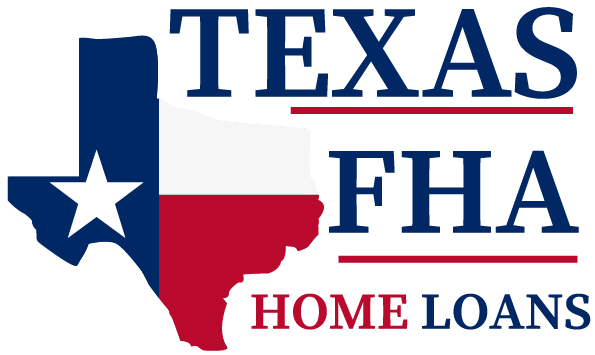
The majority of Americans dream of owning their own homes, yet many believe this goal is out of their reach. With the help of FHA home loans, many people now find they can have a home of their own without breaking the budget. Around since 1934, an FHA loan may be used by individuals in numerous situations, such as those who are purchasing their first home or seniors who may wish to make use of a reverse mortgage. Also, there are programs that individuals can make use of to improve the energy efficiency of a home they are buying. Most people, however, turn to FHA home loans to purchase a property they love on reasonable terms.
How an FHA Loan Works
Many home buyers believe the Federal Housing Administration extends the home loan. That is not the case, however. The FHA insures the loan, allowing lenders to offer better terms to potential home buyers, loans provided by FHA approved lenders. More than 34 million single and multi-family homes, manufactured homes, and condos have been purchased using this type of mortgage over the years. Lenders can offer better terms as the insurance provided through the FHA protects them against losses in the event of default on the part of the buyer, and borrower premiums solely fund the mortgage insurance.
The Section 203(b) Home Loan Program
The Section 203(b) home loan program is the centerpiece of all single-family mortgage insurance programs offered through this agency, and it’s the successor to the program created in the 1930s to help those in danger of defaulting on their mortgages. It also helped veterans purchase homes in the 1940s and 1950s. People looking to buy a one-to-four family home may use this program, and it expands the opportunities for those looking to buy a house for the first time or those who struggle to qualify for a conventional mortgage with affordable terms. Individuals who live in areas where a home loan is hard to obtain find they benefit from this program also.
The Benefits of an FHA 203(b) Home Mortgage
Individuals who purchase a home using a Section 203(b) FHA mortgage find the down payment requirement is lower than the traditional home loans. One only needs to pay as little as 3.5 percent when using this product, as opposed to the five percent required by many conventional lenders. The FHA insurance makes it possible to finance up to 96.5 percent of the purchase price of the home. Also, certain fees are capped under this program, helping to save the home buyer even more; although one must be aware, the amount that can be insured also has limitations. There is a maximum loan limit set forth by HUD for each county.
Requirements of FHA Loan
All mortgage loans share a common qualification requirement: (1) credit, (2) income, and (3) assets. Every borrower must satisfy the requirements for each category in order to qualify for a home loan. An FHA loan is not any different; the requirements of FHA loan follow the same norm.
- Credit – A middle score of 640 is the benchmark that most lenders use. A typical commercial lender will not extend an FHA loan to borrowers with a FICO score less than 640. However, FHA allows a borrower to qualify for a mortgage loan with a mid-FICO score of 580, requiring only 3.5% down payment. Borrowers with scores lower than 580 and all the way down to 510 can still qualify if they can put at least 10% down payment.
- Income – The borrower must be able to substantiate the mortgage payment. A debt-to-income of 45% is standard but FHA allows higher DTI up to 55% back-end ratio.
- Asset – Every borrower must have at least 3.5% down payment in order to qualify. They also must have enough reserves in their bank account after exhausting their money for down payment, closing costs and prepaid items. The rule of thumb is 3 months in reserves. The lower the credit score, the higher the reserve requirement.
Who May Apply For FHA Loan
FHA mortgage loans are for owner-occupied and primary residence only; one must keep this in mind when applying for a loan. Those planning to use a property for investment purposes or as a secondary residence won’t qualify for an FHA loan. Also, one must remember that only certain lenders offer this loan product. They must be an approved FHA lender to extend this type of loan.
Consider the Section 203(b) FHA home loans if you wish to buy a new home. With the help of this mortgage product, many individuals now find they can stop renting and purchase, investing in their future. Speak to our Home Loan Specialists today to see if you qualify and how much financing you may get. Your dream is within your reach, thanks to FHA products such as this.
For more information, call us at 800-854-4142 or use any of the tools on this website.
